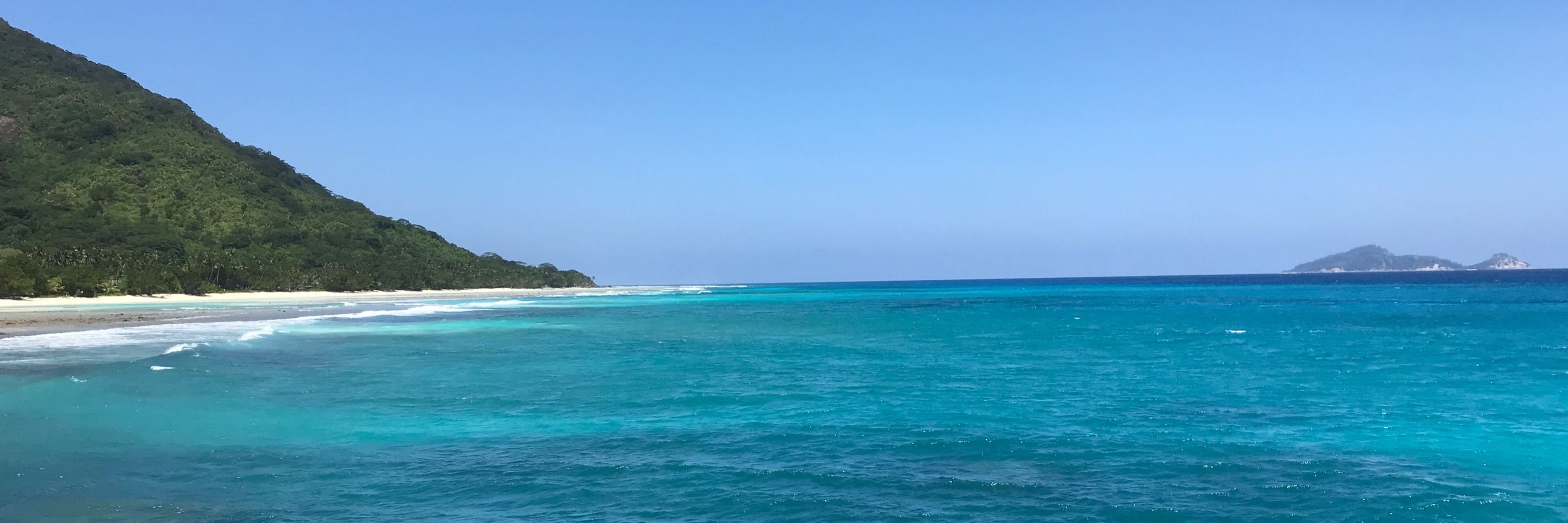
Ecology, global change, wildlife disease, tropical biology, science policy & diplomacy.
Karen R. Lips is a professor of biology at University of Maryland, College Park. Lips' work in the 1990s eventually contributed to the identification of the chytrid fungus as the primary cause of frog decline worldwide. .. more

shorturl.at/pQsVP
Just published in Science Advances ⬇️
Reposted by Karen R. Lips




https://ow.ly/lYQZ50XTHZS
Reposted by Karen R. Lips

Reposted by Monica G. Turner, Karen R. Lips

Now is your chance -- Governing Board, Board of Prof Cert & standing committee nominations due 2/2!
https://ow.ly/3ROV50XTEu4
(photo: Past Presidents at #ESA2025)
Reposted by Karen R. Lips

• Science as a tool of governance
• How evidence shapes international rules and standards
• Where scientific cooperation holds — and where it breaks
• What happens when public knowledge systems erode
Join us as we explore how science functions in global affairs!
Reposted by Karen R. Lips

This publication focuses on that interface: where scientific knowledge becomes power, risk, and governance.
Reposted by Karen R. Lips

www.nature.com/articles/s41...
🧪🌐🧬🌍
Reposted by Karen R. Lips

Jan. 13, 2:00 PM ET
https://esa.zoom.us/webinar/register/WN_Yn0wC4qMS16yq5OTO6e_RQ
Reposted by Karen R. Lips

* Extension Assistant Professor, Biodiversity Conservation UMass Amherst
* Marine Scientist, Smithsonian Tropic Research Institute
* Assistant Professor, Forest Ecology & Management, Northern Arizona
Find your next career move: https://ow.ly/STrM50XT04F
Reposted by Karen R. Lips

Reposted by Karen R. Lips, Andrea Santangeli

Such is the case with the Anna’s hummingbird, a species that has undergone a dramatic transformation in a few generations, thanks to the advent of hummingbird feeders: https://scim.ag/3YMuQQu

Reposted by Karen R. Lips

🌍 Descubre más: https://doi.org/10.5281/zenodo.17343987
Reposted by Karen R. Lips

Reposted by Karen R. Lips

The findings reveal both urgent threats and potential opportunities for targeted conservation and recovery. https://scim.ag/4qwOLyM #NationalBirdDay
Reposted by Karen R. Lips, Trevor A. Branch

Paleodictyon is a 500-million-year-old trace fossil from an unknown organism. In the last 50 years, we've found their honeycomb traces on the seafloor. There is a living organism that has been doing its thing for half a billion years.
Reposted by Karen R. Lips, W Grant

after 28 years of analyzing geopolitical risks
this year is the tipping point:
Reposted by Karen R. Lips

BBC News - Three frogs to be reintroduced to West Acre 'pingos' - BBC News
www.bbc.co.uk/news/article...
Reposted by Karen R. Lips

news.bloomberglaw.com/environment-...
Reposted by Karen R. Lips

Reposted by Karen R. Lips, Stephanie E. Hampton

Here are five things to know. ⬇️ https://scim.ag/4baWBcS
Reposted by Karen R. Lips

Ambassadors will work with Earth Echo & High Seas Alliance to design and lead campaigns advancing global ocean protection & ratification of the #HighSeasTreaty.
Apply now! www.bit.ly/HighSeas-Apply #60toGlobal #GenSea






